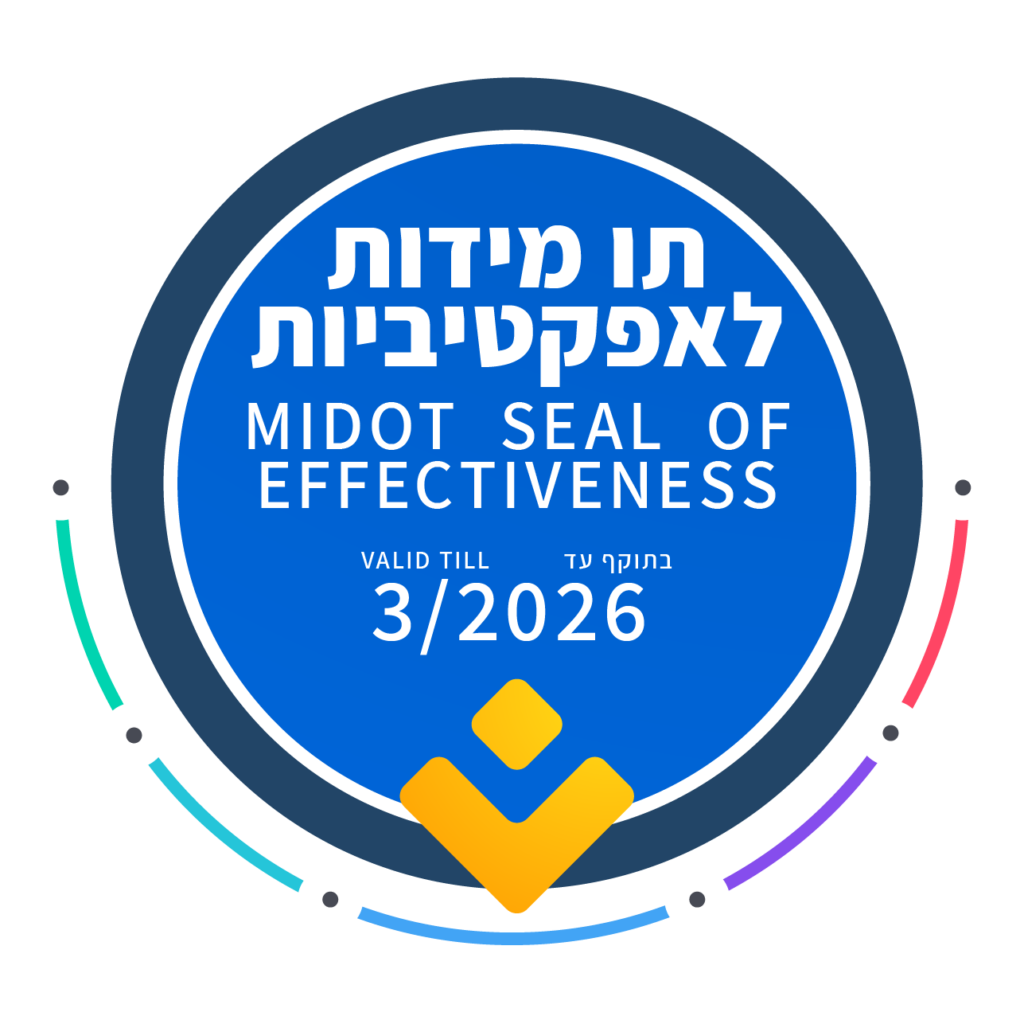My name is Oren Balaban, but the family name I was born with was Yadgarov. My father, Eli Yadgarov, a decorated soldier who received a commendation and a medal of distinguished service, was killed in 1965 in front of his soldiers when handling a brick of explosive. He was 27 when he died.
I was then 2.5 years old and I don’t remember the day. But the shock wave that ensued when the short fuse burned to the tip and ended my father’s life, rattled my world.
I was an only child. My father was rarely home and I know little about him. He was a commander of a paratrooper squad and a few months before his death he was transferred to “Sayeret Matkal” Army Intelligence Commando by Dov Tamari, then commander of the unit, to be his deputy. I know that my father was well respected by his friends and soldiers. I know he loved nature and hiking, birdwatching and camping in the wilderness. I think that perhaps, despite the nature of his activities, he was withdrawn and gentle. I think that like me, he too found it difficult to put down roots, to belong. I think that we are alike.
When I was four years old, my mother remarried. The man she married was a father to me and his children were my siblings. I bear his last name wholeheartedly. My father, who raised me with his four biological children, my siblings, was the most meaningful man in my life. Perhaps alongside my deceased father whom I lacked.
Only when I became a parent did I start thinking about the tragedy that was my father’s short life. Only then could I sense his absence. I often find myself having a conversation with him in my mind. It’s an imaginary conversation between a 27 year old father to his son twice his age. This conversation “takes place” between two worlds, two very different narratives.
My father talks about the world and the surroundings he lived in – Israel 1965. He talks about the existential threat and shared fate, the blurred line between individual and collective, the hope for peace in a time of defensive war, his opting for a military career – his way of protecting and assuming responsibility for me, about hope, about longing.
I tell him about my totally disparate world that exists in the same place but in a different time. A world in which mutual accountability is rare, about the way in which his hope for peace faded into the despair of occupation. About offensive war and one dereliction after another.
I also tell him that just like him, I am committed to my children, to their future and therefore to hope. I tell him about the struggle for peace with partners who in the past were enemies, about my attempts to lengthen the fuse, about his absence in my life. After all, though we only lived together for 2.5 years, we are alike.


